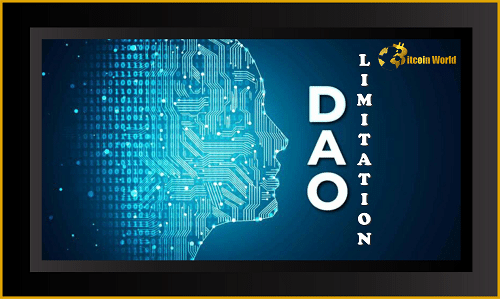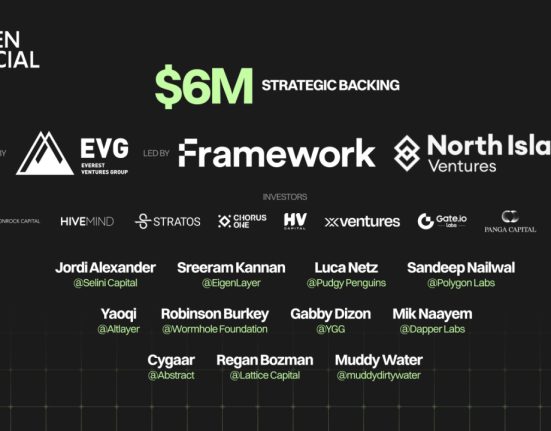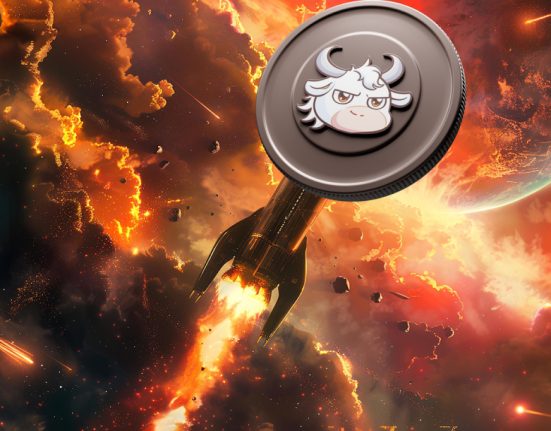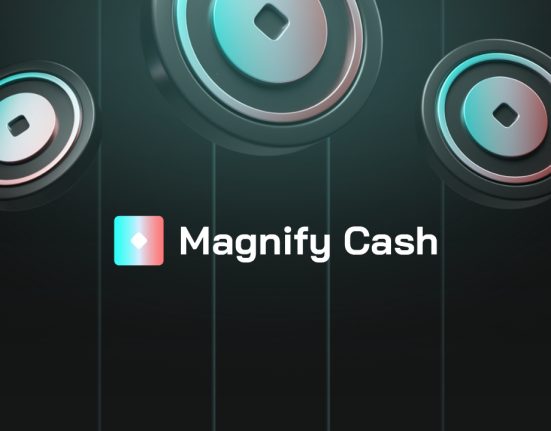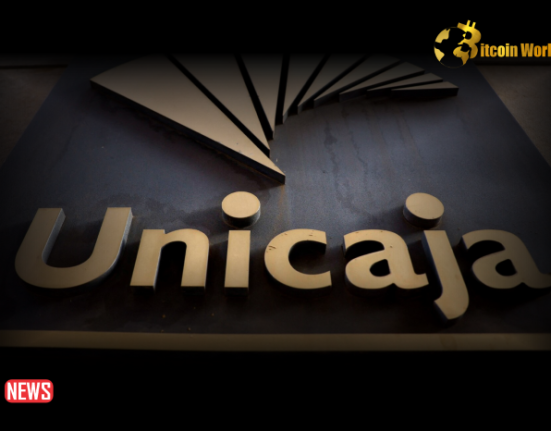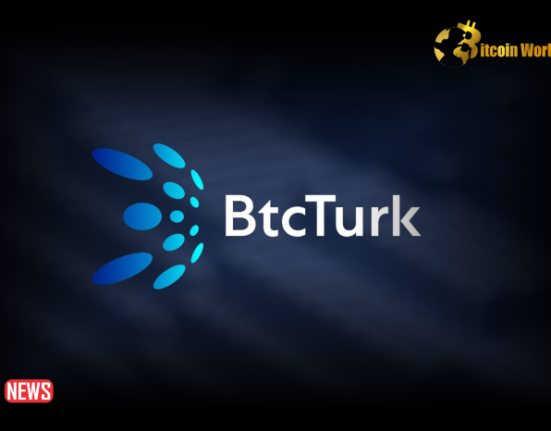Legal Policy
Due to the fact that the majority of jurisdictions haven’t yet established their policy regarding this innovative form of companies, the regulatory landscape surrounding DAOs is currently quite unclear. A perpetually ambiguous legal situation could become a major obstacle to the adoption of DAOs.
Synchronized Attacks
Decentralization, immutability, and trustlessness are three desired characteristics of DAOs, but they also come with certain inherent performance and security problems. The DAO served as an illustration of how this new organizational form can introduce unexpected hazards that are absent from more established corporations.
Point Of Centralization
Decentralization can be seen as a spectrum, with each level being appropriate for a particular use case, rather than a state. Full autonomy or decentralization might not even be feasible or necessary in some circumstances.
DAOs might make it possible for more people to work together than ever before, but the protocol’s outlined governance guidelines will always be a source of centralization. It is possible to make the case that centralized organizations can function with far greater efficiency while forgoing the advantages of open participation.

